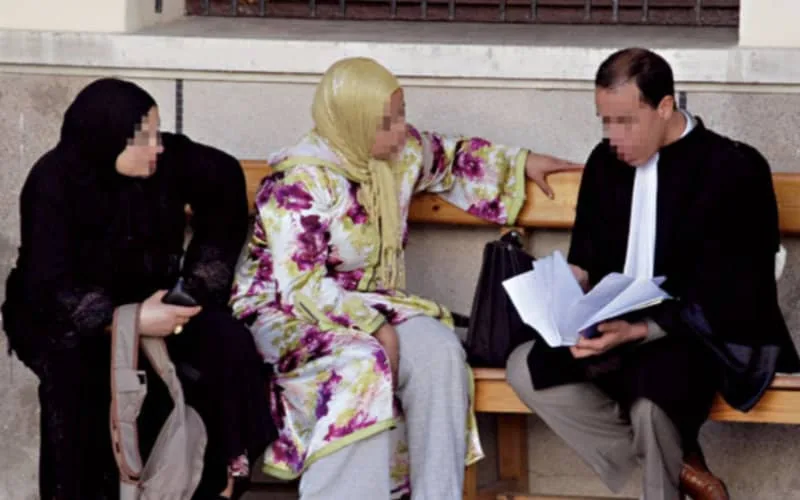Moroccan Divorce Law Leaves Women Shortchanged: Calls for Property Rights Reform

Article 49 of the Moroccan Family Code, adopted in 2004, governs the management of assets acquired by spouses during marriage. However, in the event of divorce, the application of this text reveals a legal void that generates difficulties in the distribution of assets, a situation that disproportionately penalizes women.
The default legal regime, in the absence of a specific marriage contract, is that of the separation of property. Under this principle, each spouse retains ownership of the assets registered in their name. The main difficulty stems from the lack of precision in the law on the definition and method of evaluating each spouse’s "contribution" to the growth of the family assets, particularly when it is non-monetary, such as housework.
In practice, this gap has direct and documented consequences. Since the assets are often registered in the husband’s name alone, the courts struggle to recognize unproven contributions. A study cited in a report by the Policy Center for the New South indicates that, faced with lengthy procedures and proof obstacles, some women end up renouncing their rights to expedite the divorce process. The phenomenon is all the more significant since 24,000 divorce cases were recorded in 2024, the majority of which were by mutual consent, a context in which these disputes are frequent.
Faced with this observation, the authors of the report recommend a legislative reform to establish the community property regime as the default legal regime. This hybrid system, already functional in several other countries, is based on three clear principles:
• Each spouse retains exclusive ownership of the assets they possessed before the marriage.
• Assets acquired jointly or separately during the marriage are considered common.
• In the event of divorce, an objective assessment of this common patrimony is carried out with a view to sharing it.
However, the establishment of such a regime cannot be fully effective without structural support measures. The success of such a reform is conditional on the training of judges in these new provisions, the establishment of clear rules for the valuation of assets, and an awareness campaign to inform future spouses of their rights and contractual options. Without these prerequisites, the current inequalities risk persisting, to the detriment of the economically most vulnerable spouses.
Related Articles
-

Activist Sion Assidon Found Unconscious: Mystery Surrounds Disappearance and Garden Incident
20 August 2025
-

Pro-Palestinian MEP Sparks Outrage with Controversial Morocco Map Campaign
20 August 2025
-

Marrakech Fast-Food Brawl: Security Guard Injured as Police Arrest Moroccan Expatriates
20 August 2025
-

EU-Morocco Visa Breakthrough: France Leads as 606,000 Moroccans Granted Entry
20 August 2025
-

Morocco Shakes Up Urban Transport: Alsa’s Dominance Challenged as Government Seeks Modernization
20 August 2025